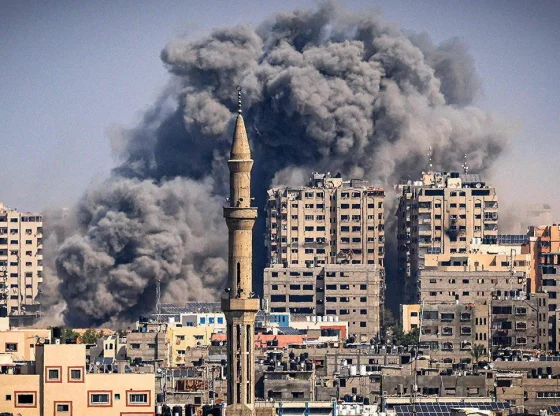In the enchanting land of Israel, where history and culture converge in a breathtaking symphony, tourism has long been a thriving industry. However, this thriving sector recently faced an unprecedented challenge in the form of the Israel-Hamas conflict. In this blog, we will delve into the consequences of this conflict and how it has disrupted the tourism industry in the region.
Hotels Stand Empty
Imagine the bustling hotels in Jerusalem, Tel Aviv, and other popular destinations in Israel. Now, picture them empty, void of the tourists who once filled their rooms. The conflict led to a significant decline in the occupancy rates of hotels, leaving a void that was once teeming with visitors from around the world.
Canceled Trips and Deserted Cruise Ships
Tour operators, who used to craft vibrant itineraries for travelers, found themselves in a tough spot. They were forced to cancel trips, disappointing eager adventurers and altering their own livelihoods. Cruise ships, which typically graced Israel’s shores, altered their routes to avoid the turmoil, leaving the coastal regions eerily deserted.
Airlines Grounded
The major airlines that ferried travelers to and from the country halted their flights. This not only disrupted travel plans but also severed the essential lifeline that connects Israel to the rest of the world. As a result, not only tourists but also the Israelis living abroad faced difficulties in reuniting with their homeland.
A Grim Impact on the Economy and Jobs
The ramifications of the conflict weren’t confined to empty hotels and canceled flights. Israel’s tourism industry, a significant economic contributor, found itself grappling with a severe downturn. This $5-billion industry, providing over 110,000 jobs, was hit hard. The war caused a 31-percent drop in foreign visitors compared to 2013, with August experiencing a staggering 36 percent decline. The economic and social repercussions of this decline are far-reaching.
The West Bank: A Ghost Town
The conflict’s influence stretched to the West Bank, where approximately 90% of hotels sat empty, reflecting a broader trend that hit the entire region.
In conclusion, the Israel-Hamas conflict dealt a severe blow to the country’s vibrant tourism industry, disrupting cultural exchanges and the appreciation of history. As we reflect on these challenges, consider visiting mauritiustourtravels.com for more informative blogs and insights on tourist places. Some famous places in Mauritius to explore include the stunning beaches of Trou-aux-Biches, the vibrant markets of Port Louis, the natural beauty of Black River Gorges National Park, and the picturesque Chamarel Seven Coloured Earths. These destinations offer a glimpse of the island’s natural beauty and diverse culture, giving you hope for a brighter future in the world of travel.
